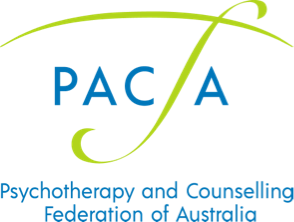What is Psychotherapy?
Being a Psychotherapist I am frequently asked ‘What is Psychotherapy and who is it for?’
In a nutshell Psychotherapy is a type of psychological treatment which involves a professional therapist using a range of techniques to help clients overcome unresolved issues, gain insight and achieve personal growth. Psychotherapy is for anyone who has an unresolved problem that they no longer feel they have the resources to overcome. It is entirely normal to sometimes feel confused, anxious, stuck or challenged by a situation, relationship or the direction of your life and no longer know how to move forward. This is when Psychotherapy may be of help to you!
There are five categories of Psychotherapy and Gestalt Psychotherapy, which I am trained in falls under the existential/humanistic category and was developed in the 1940’s and 1950’s by Fritz Perls, Laura Perls and Paul Goodman.
Primarily Gestalt Psychotherapy focuses on exploring an individual’s emotional experience, patterns of relating and behaviour within their personal and social relationships in the ‘here and now’ of the therapeutic setting. Whilst Gestalt therapy does not ignore the story of the client, it is in ‘how’ the client relates to their story that is of interest to the Gestalt therapist. Humans need to make meaning in order to understand and ease confusion. How you make meaning around your life story or what has happened to you can either serve you or not serve you. Thus, Gestalt therapy facilitates clients to build awareness around their own experience of what is happening for them and supports clients to stay close to their own experience/feelings, in order for them to become familiar with what they are doing and how it may or may not be serving them in their life. Once the client becomes more aware of their own way of being in the world the client may begin to choose to do things differently, first within the safety of the therapeutic relationship, than as appropriate, in the outside world.
Recently Neuroscience discovered that a relationship with someone who can supply support and understanding reshapes a person’s neurological possibilities. That is, with the right supportive environment, self acceptance and change is possible.
Learning to love, accept and be comfortable with all aspects of who you are today, is an important first step in change which leads to greater choice in life!
Sarah Bergman provides counselling through the practice of Gestalt Psychotherapy at her Tweed Practice. Visit www.counsellingonthecoast.com.au






